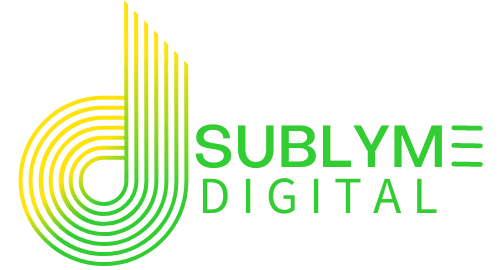The Ad Industry is Adapting to the New Privacy Regulations
The ad industry is adapting to the new privacy regulations with innovations, many of which are based on creating a safer environment for consumers. New rules have made it more difficult for advertisers to use data from cookies or other tracking tools to target ads at users. This means that modern digital ads are heavily reliant on data to automatically optimize and serve up relevant content in real time. The iOS update will further reduce the amount of data available to advertisers through its new system of app sandboxing: apps running in separate containers cannot access any information outside their own container unless given consent by the user. This change means that even if an app wants access only to device-level permissions like contacts or photos, it will not be able to do so unless granted explicit permission from each user who installs it on their device after installing iOS 12 or higher.
In order to comply with these changes, advertisers will need a variety of new techniques at their disposal — including AI and machine learning algorithms that don’t require any personal information about users. These tools can be used by developers as well as marketers who want to create better experiences for their customers without collecting any personal data at all!
Cookies are officially dead, so long live contextual targeting.
If you’re interested in selling online, you may have heard the term “contextual targeting” being thrown around lately. The concept is simple: instead of showing users ads based on cookies, marketers can use contextual targeting to show them ads based on what they are doing right now. For example, if a user is visiting an eCommerce site and sees something they like but don’t want to buy (let’s say a pair of shoes), contextual targeting helps marketers get in front of that person again with an ad for those shoes when they may be more inclined to make a purchase.
The benefits of contextual targeting are numerous
- Contextual advertising doesn’t require using cookies and personal information.
- Contextual advertising is easier to implement.
- Adding context leads to more relevant content.
- Context can be more telling than behavior.
- Advancements in AI have improved context accuracy.
Contextual ads also tend to get higher conversions because they’re relevant for the reader—and often more effective at encouraging them to click through and buy products than traditional banner ads would be.
Cookies weren’t all bad but their time has come: we’ll continue to see more contextual targeting used y online advertisers as its better at connecting the dots between what people do on different devices across multiple websites and apps.
The key takeaway here is that contextual advertising is a form of online advertising ideal for combating the privacy challenges advertisers now face. They offer an opportunity for higher conversions as they are targeted to the content of a website.
If you would like to learn more about contextual advertising contact us today!

